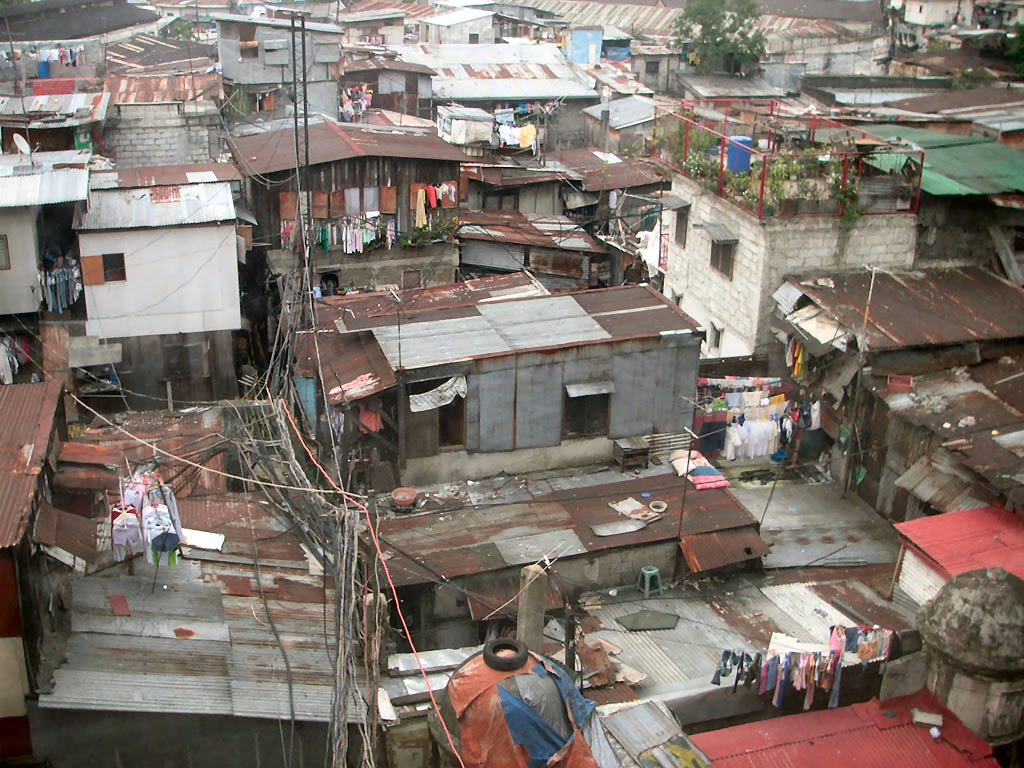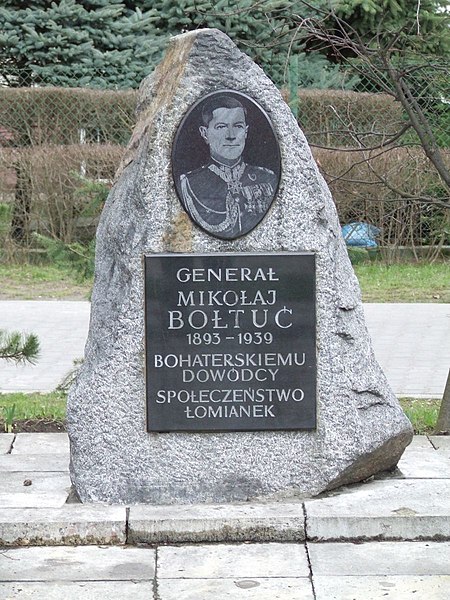pawian
29 Jul 2011
News / Polish final report on Smoleńsk aircrash [870]
The opposition PiS party organised a conference. Its main pointis that the Polish report is full of lies and falsifications.
The lies are to diminish the responsibility of present government`s mistakes and failures. Especially, the Interior Minester should have sent his men to check the Smolensk airport which wasn`t done. And Foreign Minister should have insisted on the presence of Russian flight leader on board the Polish plane.
Why unfair? She reported sth that wasn`t true. It is against the rules, isn`t it?
The opposition PiS party organised a conference. Its main pointis that the Polish report is full of lies and falsifications.
The lies are to diminish the responsibility of present government`s mistakes and failures. Especially, the Interior Minester should have sent his men to check the Smolensk airport which wasn`t done. And Foreign Minister should have insisted on the presence of Russian flight leader on board the Polish plane.
the flight attendants even get a ticking off, hardly fair, if passengers don't fasten the seatbelt it's their own fault.
Why unfair? She reported sth that wasn`t true. It is against the rules, isn`t it?







a.jpg)

